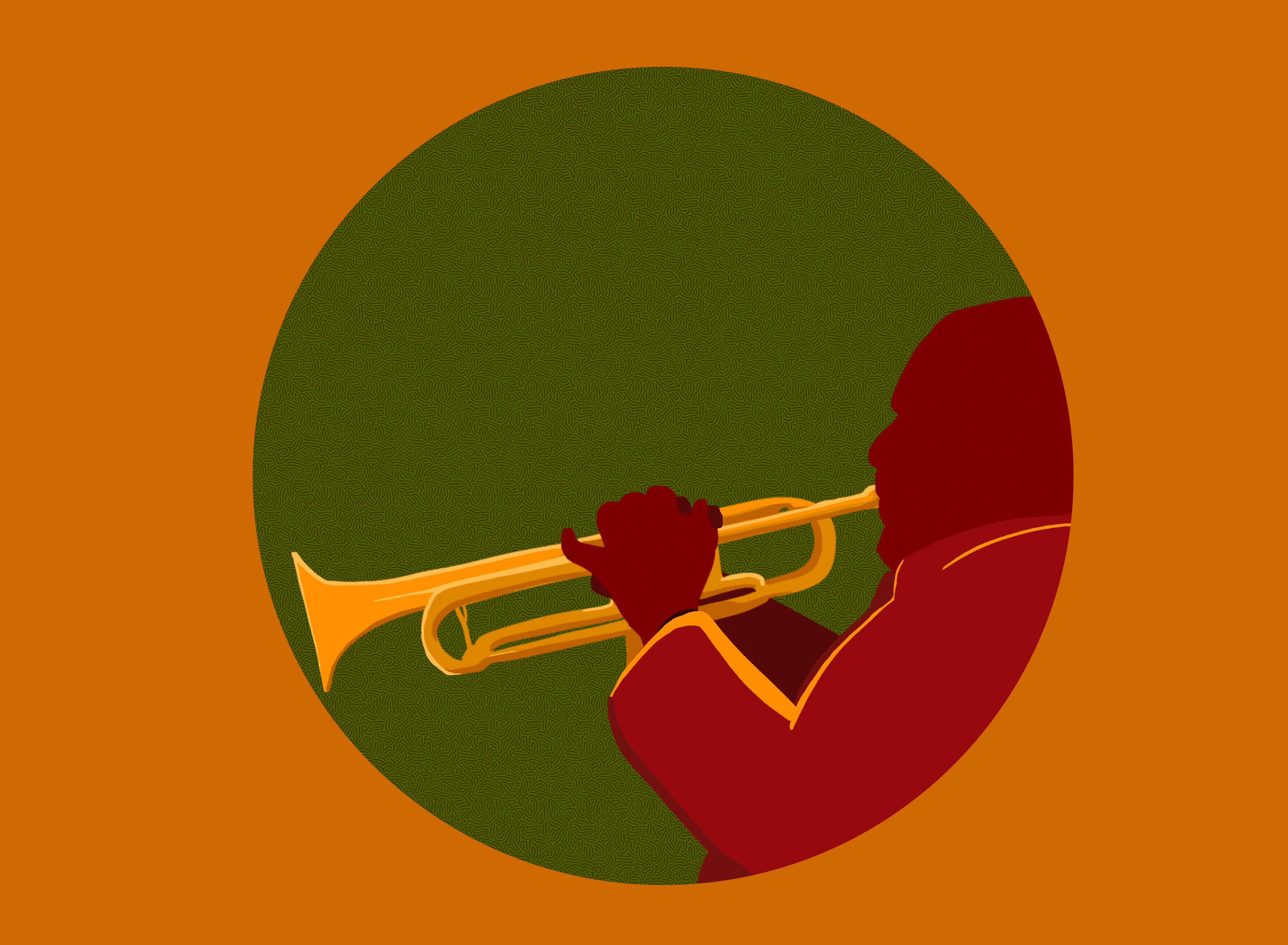On Monday, as I was parting ways with a friend, she casually mentioned, “I’m going to the library to pick up a book for my research.” This phrase stuck with me—not because of what she said, but because of how rare it is to hear someone, especially a student, talk about going to the library not to study or kill time between classes, but to find a book that aids their current research interest.
The next day, when another friend of mine suggested we visit Westmount Library, I spontaneously agreed. After wandering through the greenhouse and settling into a cozy spot, I began drafting this piece. Writing in a beautiful, hushed corner reminds me that these library spaces are more than just quiet rooms with Wi-Fi and outlets.
As I enter my second year of university and transition out of introductory courses, I’m realizing that deep, rigorous research isn’t just about gathering sources; it’s about knowing where to look and how to think. With the convenience of the Internet at our fingertips, we’ve come to rely on quick answers—but at what cost? Have we sacrificed the ability to critically evaluate sources in favour of speed? In this digital age, libraries push us to slow down in our research, ask better questions, and dig beyond an article’s introduction.
But these questions also lead me to wonder: Have we collectively forgotten how to use libraries? Or worse—do we not value them anymore?
With the rise of online databases, academic search engines, and, most recently, AI tools like ChatGPT, the role of the library as a physical epicentre of reference sources and research materials is fading. Why trek across the city or even across campus when information is just a few clicks away? But, in our convenience-driven approach to knowledge, we don’t just fail to take advantage of free, physical books; we also miss out on the library’s ecosystem of services designed to help us in our quest for knowledge.
Libraries are not just buildings that store books or offer an aesthetic place to study. They are the beating heart of research and scholarship.
Beyond storing the books themselves, libraries are staffed with trained research experts—human search engines, if you will—who can point you toward resources you didn’t know existed, offer perspectives on a thesis you hadn’t considered, or guide you through citation databases you’ve never used.
With 10,834,072 physical and digital items at our disposal in the collection of the McGill Libraries, members of the McGill community have access to a vast range of materials from rare manuscripts to cutting-edge research journals. Beyond this impressive collection, McGill’s libraries also provide workshops such as the Introduction to Zotero workshop, teaching crucial skills for writing and managing citations. Or, if this article has re-ignited your interest in the library, the McGill library also offers a “Library Research Skills” workshop.
It is clear to me, as I sit in a library to write about libraries, that we need to shift the narrative surrounding these essential institutions. Libraries are not outdated—they are underutilized. If we, as students and emerging researchers, can reframe libraries as active tools in our academic lives, we’ll not only write better papers—we’ll become better thinkers.
So, let’s make libraries cool again. Not by plastering them with neon signs or turning them into Instagrammable study spots, but by using them, valuing them, pondering in the stacks, and remembering what they’re really for.









